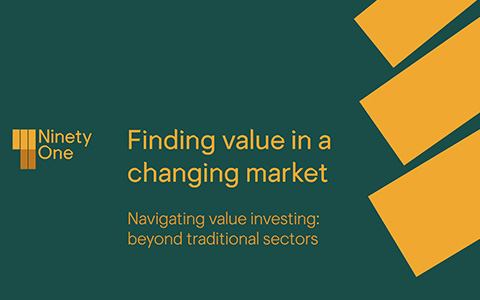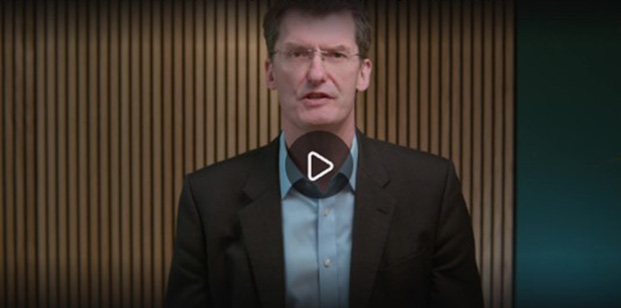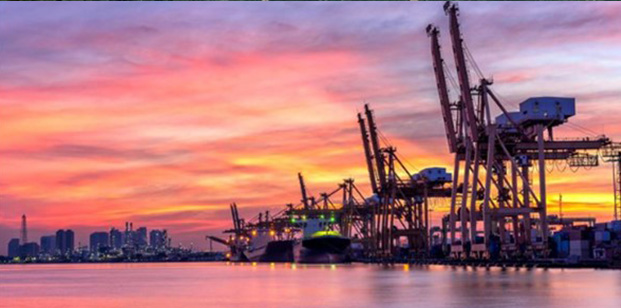

Ninety One
Established in South Africa in 1991, as Investec Asset Management, the firm started offering domestic investments in an emerging market. In 2020, almost three decades of organic growth later, the firm demerged from Investec Group and became Ninety One. Today the firm offers distinctive active strategies across equities, fixed income, multi-asset and alternatives to institutions, advisors and individual investors around the world.
Ninety One is an independent, active global asset manager dedicated to delivering compelling outcomes for its clients, with an AUM of £128.6 billion as at 31.12.20.
Investment involves risk.
Insights
Be wary of the ‘cyclical’ case for value: hoping the market will suddenly re-rate value stocks en masse. Instead, Ninety One says seize the ‘structural’ value opportunity: buying good businesses that have suffered a temporary blow.
A preference for quality has seen many high-yield investors flock to a part of the credit market that offers poor value. Those with flexibility to explore further afield can find higher-quality assets at more attractive valuations.
Ninety One sees five compelling reasons for investors to revisit natural resources equities.
Multi-Asset team analyst Dan Morgan discusses how US fiscal policy will continue to play an increasingly influential role. As investors navigate a new policymaking world, he considers what they should look out for.
Ninety One believes the market will begin focusing less on the ‘story’ component of investment cases, shifting attention back to companies’ earnings streams.
This year, eight of the world’s ten most populous nations go to the polls in the same year for the first time ever. Ninety One has produced this piece to help investors navigate this year: the year of the ballot.
Focus Funds
Seeks to capture the structural decarbonisation growth story – investing in companies that are driving the transition to a low carbon world.
Investing in companies making a positive contribution to the future of society and the environment.
A core UK equity fund investing in a high-conviction portfolio of attractively valued, quality businesses.
A Quality approach focused on the growth engine of the world. The expanding opportunity set in Asia, we believe, provides a highly investable, liquid and diverse group of exceptional quality companies.
A core UK equity income fund focused on sustainable dividend growth, investing in attractively valued quality businesses.
A tried and tested defensive return strategy with a proven track record of protecting the downside in weak markets and capturing the upside in less challenging conditions.
A flexible multi-asset strategy aiming to compound high total returns through time.
Regulation
Podcasts
To listen to our podcasts, subscribe on Spotify, Apple Podcast, Google Podcasts or simply search for ‘Ninety One Big Picture’ on your podcast app of choice.




















































